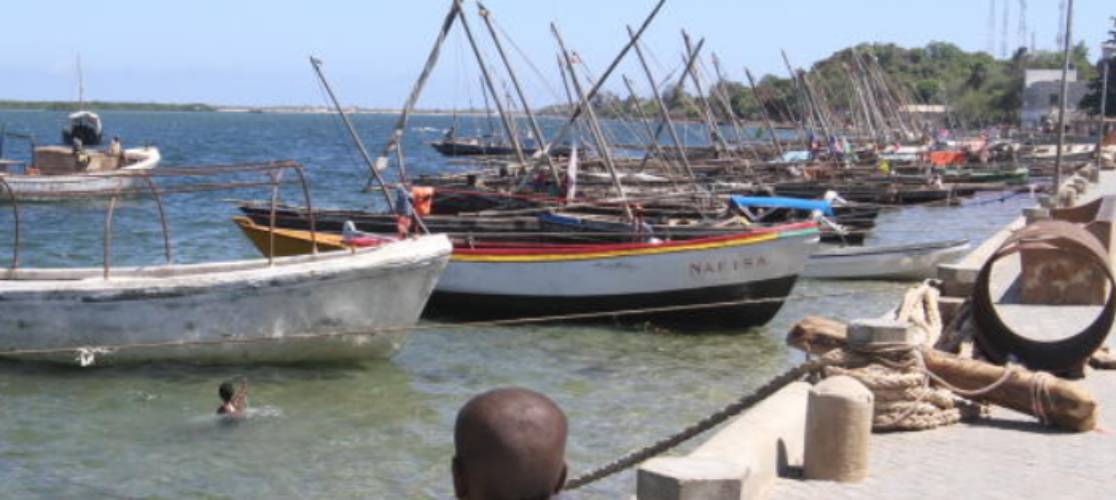×
The Standard e-Paper
Join Thousands Daily

Kenya will allow vessels from the United Kingdom to fish in its territorial waters, raising fears of the country being short-changed in its multi-billion fisheries industry.